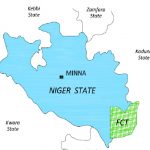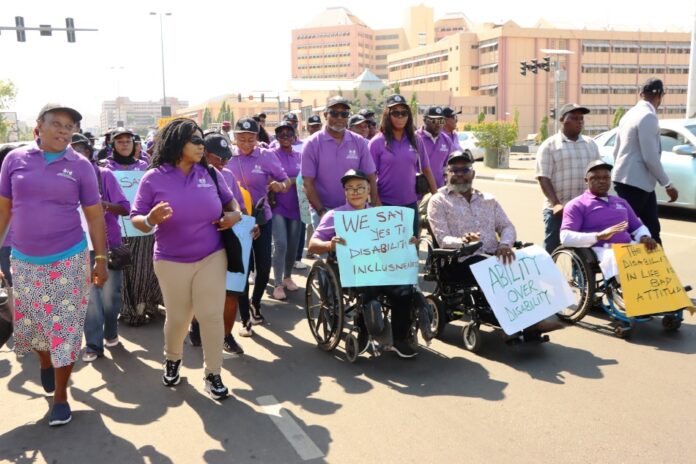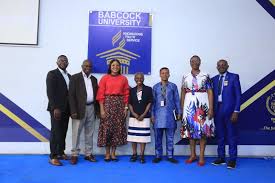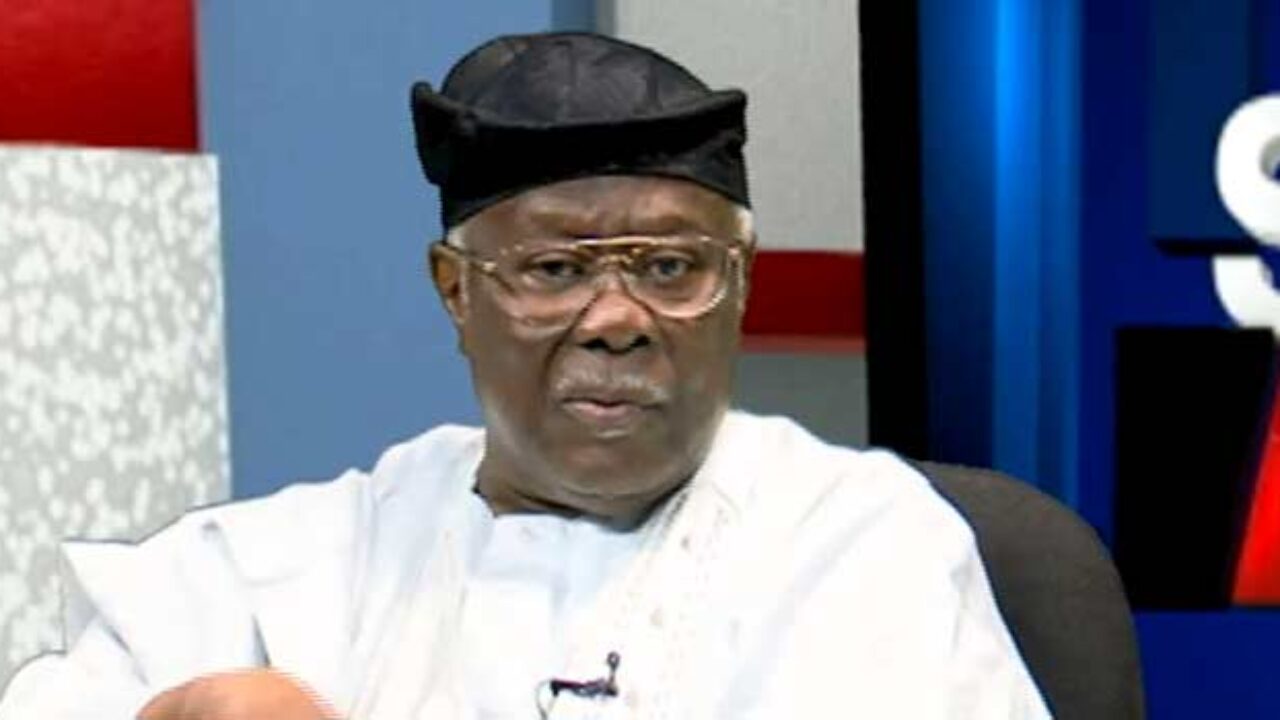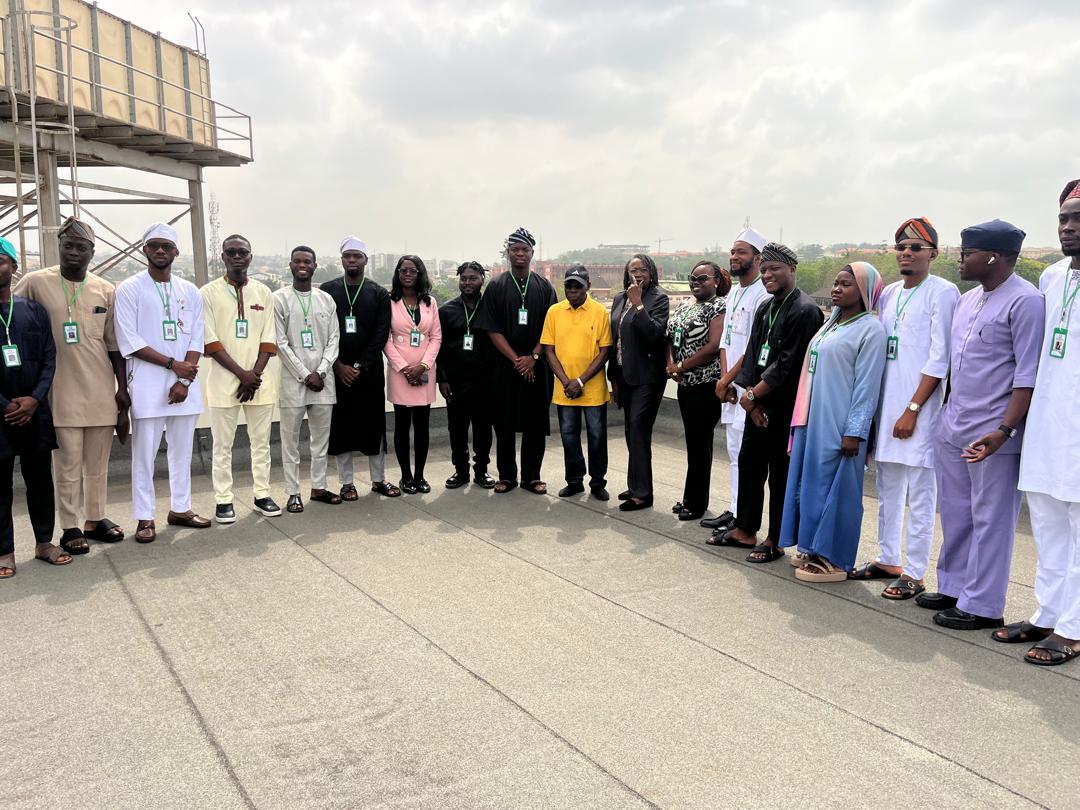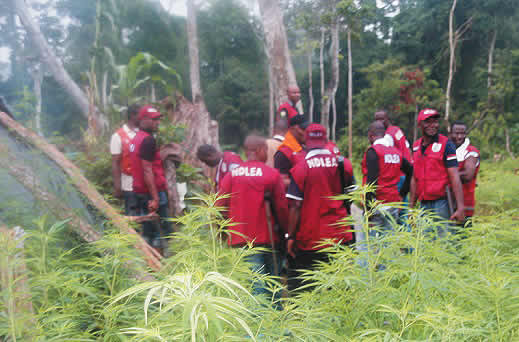Covid-19: EU boosts UNICEF’s Nigeria community response with €1.2m

The United Nations (UN) has announced that it received €1.2million from the European Union for the provision of life-saving preparedness and response activities for COVID-19 pandemic in Nigeria.
This is just as the number of COVID-19 cases in Nigeria climbs to 665.
According to UNICEF, the humanitarian funding received will enhance the UN COVID-19 response in Nigeria, by engaging with communities on how to best protect themselves from the virus as well as providing essential health supplies where they are needed most.

This was contained in a statement made available to the Daily Times by Geoffery Njoku, UNICEF communication specialist.
The statement quoted Peter Hawkins, UNICEF representative in Nigeria, saying, “with these critical funds from the EU, the UN as a whole in Nigeria is in a better position to do the important work of engaging with communities on how they can prevent the spread of this virus and also complement the government’s efforts to ensure that healthcare workers can continue the critical work they are already doing to test and treat cases in the country.”
Also, Thomas Conan, head of the EU’s humanitarian aid office in Nigeria reaffirmed that the EU will continue to maintain its humanitarian support to the most vulnerable people in Nigeria.
READ ALSO: COVID-19: WAEC, NECO candidates to know fate after lockdown – Minister
“In these trying times, the European Union is maintaining its humanitarian support to the most vulnerable people in Nigeria, where we have funded close to €271.5 million (N116 billion) in emergency food aid, shelter, access to clean water, hygiene and sanitation, and basic primary healthcare since 2014,” he said.
With EU funding, UNICEF will be contributing to the ongoing efforts in the country to contain the spread of the virus and mitigate its effects.
It will help with the emergency response to identified cases, as well as prevention and preparedness measures for possible future outbreaks in crowded cities and camps for internally displaced people in the north-eastern part of the country.



